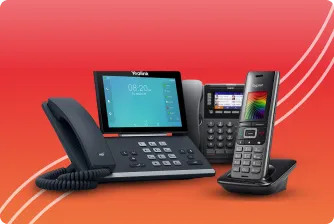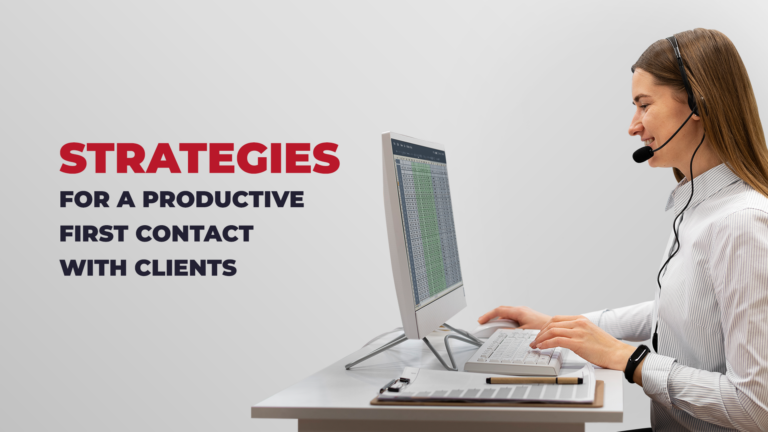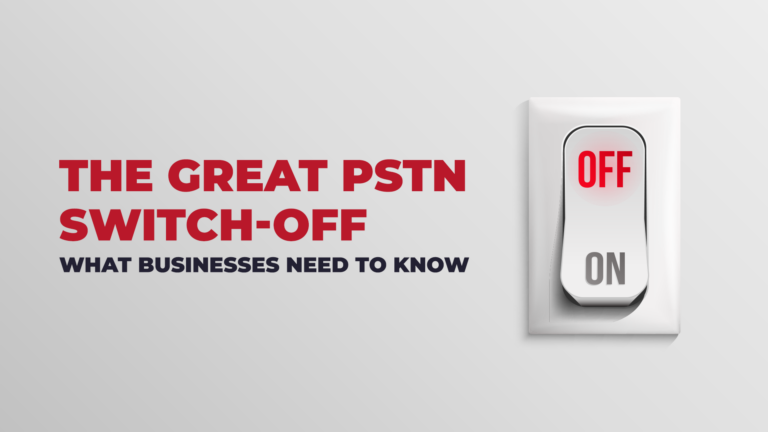Business coaching and securing the right business mentorship can make all the difference to your business. In fact, some of the most successful entrepreneurs in the world worked with business mentors when they were just starting their careers. As a result, they advocate for the importance of the mentorship system. This includes Bill Gates, Steve Jobs, Warren Buffet, Jeff Bezos, and Richard Branson.
But what is business mentorship, and what could it offer you? What are the benefits of the business mentorship system, and what should you expect from your own mentor? Here’s everything you need to know:
What is Business Mentorship?
The phrase ‘business coaching and mentorship’ officially refers to the relationship between experienced business professionals (mentors) and more junior business owners or trainees (mentees). It is a relationship that can be incredibly beneficial and rewarding to both parties. Business mentorship offers the opportunity for those new to business to seek support and advice when they need it. Your mentor will be able to help and guide you. They could give you the tools and confidence you need to make substantial changes and improvements to your own new business.
Business mentoring is sometimes referred to as business coaching. This is the practice of those new to the world of business, or entrepreneurs starting their first businesses, looking to someone who has more experience or wisdom and is willing to share their knowledge and insights. A business mentor can be someone who works within your organisation. It could also be someone in your wider industry. You could even choose to turn to someone outside of your field of expertise for mentorship.
The mentor you choose should be someone that sees the merit in your business idea, or in your individual business potential. But a business mentor will not help you to run or start your business or career. Rather, the role of the mentor is an advisory one. Your mentor will help you to find the flaws in your plan, ask you the tough questions, and guide you through any difficult decisions you have to make. In short, the relationship between a business mentor and a business mentee is one built on trust. It is one that can have significant value to both parties.
What are the Benefits of Using a Business Mentor?
There are many benefits of business coaching and mentorship, particularly if you are starting the long and often lonely journey of starting your own business. Some of these benefits include:
- Having someone to help focus your energy. A business mentor will work to motivate you, help you to set your next goals, and celebrate your successes with you. They will also encourage you to overcome and keep going when you experience any inevitable failures. This can be invaluable if you feel your energy levels are dropping and need extra motivation.
- Increased productivity. If you already have an existing business then implementing a mentorship scheme could benefit not only yourself, and your staff but your business productivity too. In a recent survey, 67% of businesses reported an increase in workplace productivity due to mentoring. 55% felt that business mentorship had had a positive impact on their profit margins.
- Mentorship reduces risk. A good mentor will discuss the pros and cons of each business decision with you. They will share your concerns and encourage you to dig deeper into what your business really needs. They can also determine which risky behaviours you should avoid.
- Business coaching and mentorship will develop your strengths and help you to overcome weaknesses. You can lean on the experience of your mentors to help you to become the best possible version of yourself and drive you to business success. Your learning and development are likely to be accelerated when you are working with the support of a mentor.
The Practical Side of Business Coaching & Mentorship
So, you’ve decided that working with a business mentor is the right path for you. Now you need to understand the practical elements of the relationship. How many sessions will you need with your mentor? How often should you meet? And how much will all this cost?
If you’re working with a mentor from within your organisation, then this kind of mentorship is usually free of charge. It will involve meeting on an informal basis, around once a month. If you are an entrepreneur setting up your own independent business, then you might wish to hire the services of a business mentor or business coach to support you. Expect to pay between £500 and £1,200 per month for mentorship services. This will depend on how much support you are looking for and how often you would like to meet with, or interact with, your mentor. Remember that a mentorship relationship is a long-term relationship. You should both like and respect the person you choose as your mentor. As a good rule of thumb, you should be meeting with your mentor between once a week and once a month if they are assisting you with a specific project. If you just want general guidance and career advice, touching in with a mentor two to four times a year would be sufficient. This would also be more cost-effective.
Although paid mentoring is the most common form of mentoring, free mentoring is available. This takes the form of mentoring by colleagues and academic staff. Platforms such as LinkedIn offer a great route to trial mentoring if it is something you feel you want to explore.
Preparing for Mentorship
Planning to hire a mentor or meet your mentor for the first time? Then you might be wondering if you need to prepare anything before your mentorship sessions. Each mentor and mentee relationship is different. But preparation is likely to help you get the most out of your mentoring sessions.
First, you should do some research on what you want to gain from your mentor. Identify who you’re looking for, their background, and their professional strengths. This will help you to identify an appropriate shortlist.
Once you have your mentor identified, it is also a good idea to create a meeting agenda outlining what you would like to cover. This could be any questions you have or any areas of business focus. You should then send this to your mentor in advance. This will help them to prepare for your meeting and ensure that your time together is optimised. Finally, think about what your professional goals are. What would you like to achieve during the full duration of your time working with a mentor? By having these long-term goals in mind, you will be better placed to reach them and focus on business success.
Here at Yo, we’re all about Improving Business Success through telecoms, technology and other means. Get in touch with one of our team to find out how we can help you and your business today!











